Cats have long held a special place in human hearts, captivating us with their mysterious eyes and graceful movements. However, the world is changing rapidly, and many cat breeds are now facing the threat of extinction. This article delves into 14 endangered cat breeds, highlighting their unique characteristics and the challenges they encounter. It’s a journey that not only informs but also ignites a sense of urgency to protect these magnificent creatures.
1. Scottish Wildcat
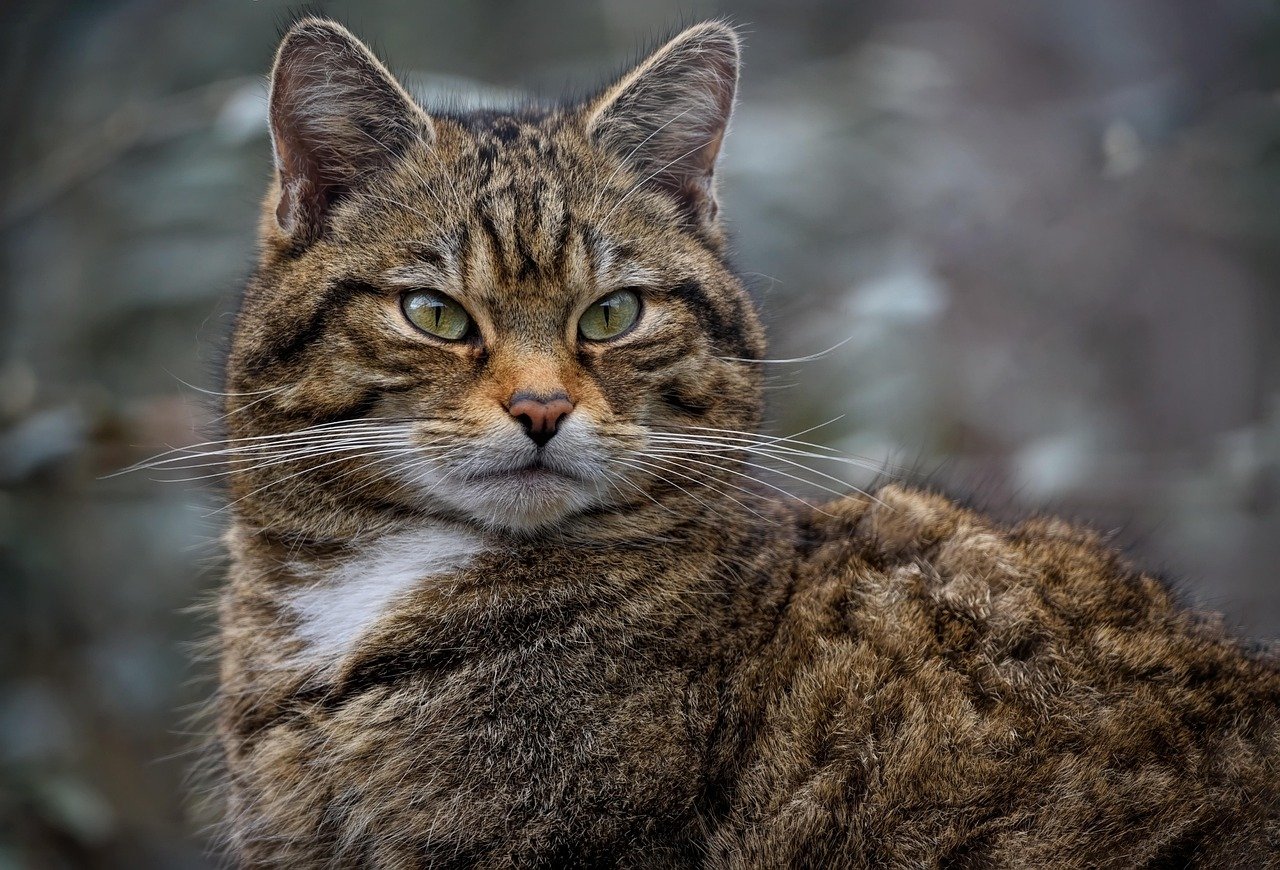
The Scottish Wildcat is often referred to as the “Tiger of the Highlands.” This feline is not your ordinary cat, as it roams the rugged landscapes of Scotland, blending seamlessly with its environment. Sadly, the Scottish Wildcat is under severe threat due to habitat loss and interbreeding with domestic cats. Conservation groups are working tirelessly to protect the remaining population, estimated to be less than 300 individuals. Their distinctive bushy tails and sharp ears make them iconic, yet their survival hangs by a thread.
2. Iberian Lynx
The Iberian Lynx, native to the Iberian Peninsula, is one of the most endangered cat species in the world. With its tufted ears and striking spotted coat, the Iberian Lynx is a sight to behold. However, its population has dwindled to critical levels due to habitat fragmentation and depletion of its primary prey, the European rabbit. Conservation efforts, including captive breeding programs, have shown promise, but the road to recovery remains long and uncertain.
3. Borneo Bay Cat
The elusive Borneo Bay Cat is a rare gem among the cat family, native to the dense rainforests of Borneo. Little is known about this mysterious feline, as it is seldom seen in the wild. Deforestation and habitat destruction pose significant threats to its existence, leaving it on the brink of extinction. Conservationists are striving to understand more about its behavior and habitat needs to develop effective conservation strategies.
4. Andean Mountain Cat
High in the Andes Mountains, the Andean Mountain Cat makes its home in one of the harshest environments on Earth. This small, thick-furred cat is adapted to the cold, arid climate, yet its population is alarmingly low. Human activities, such as mining and agriculture, have encroached upon its habitat, causing further decline. Efforts are underway to raise awareness and protect this elusive feline, often considered a guardian of the Andean ecosystems.
5. Rusty-Spotted Cat
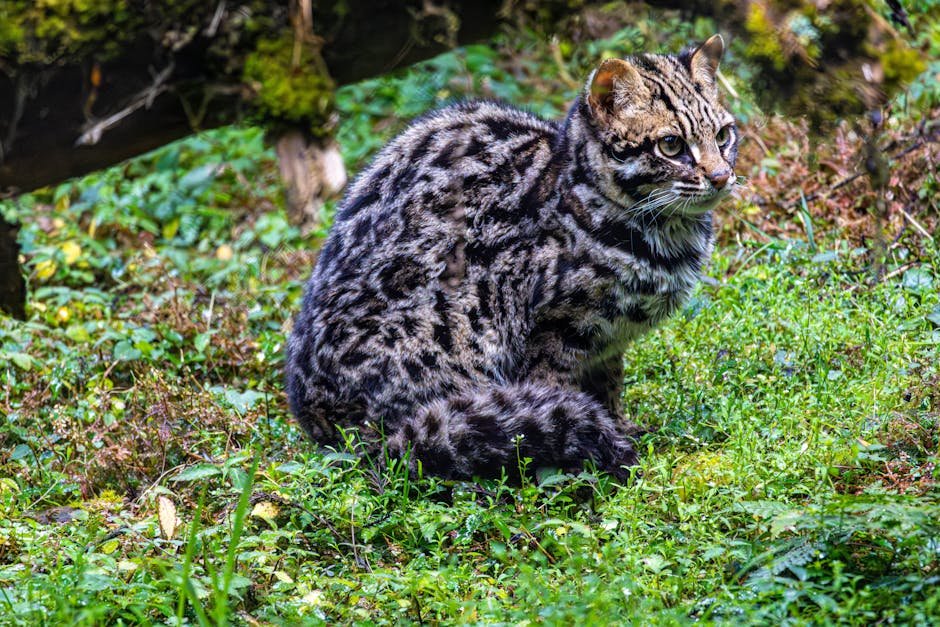
The Rusty-Spotted Cat, native to India and Sri Lanka, is one of the smallest wild cats in the world. Its playful demeanor and tiny size have earned it the nickname “hummingbird of the cat family.” Despite its charm, the Rusty-Spotted Cat faces threats from habitat loss and human-wildlife conflict. Conservationists are working to protect its habitats and ensure its survival for future generations to marvel at its unique beauty.
6. Fishing Cat
The Fishing Cat is a remarkable feline, known for its love of water and exceptional fishing skills. Found in wetland regions across South and Southeast Asia, this cat is a master angler. Unfortunately, the destruction of wetlands and pollution have severely impacted its population. Conservation efforts focus on preserving wetland habitats and educating local communities about the importance of this aquatic hunter to their ecosystems.
7. Flat-Headed Cat
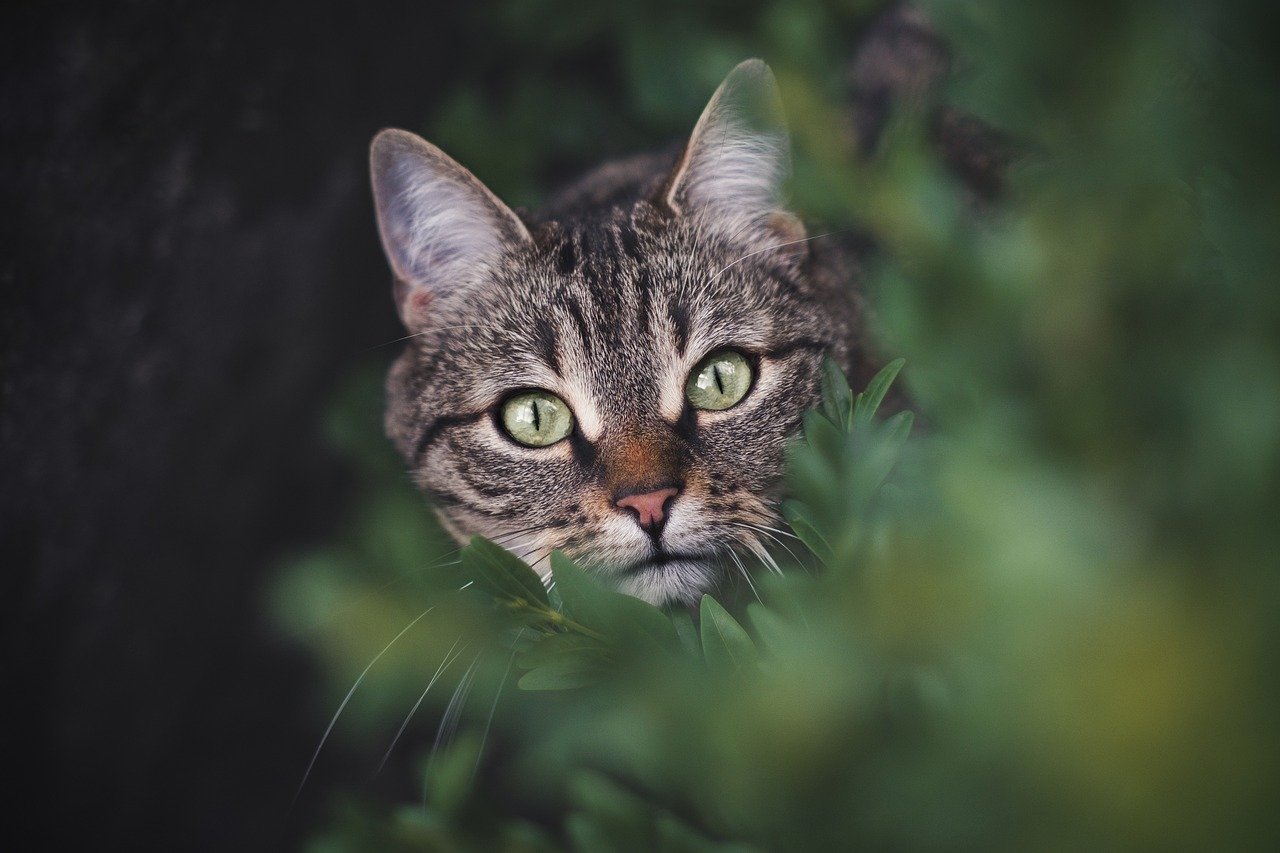
The Flat-Headed Cat, native to the rainforests of Southeast Asia, is a peculiar-looking feline with a flat skull and webbed feet. These adaptations make it an adept swimmer and hunter of aquatic prey. However, deforestation and pollution threaten its survival, pushing it towards extinction. Conservationists are striving to protect its remaining habitats and increase awareness of its ecological significance.
8. Margay
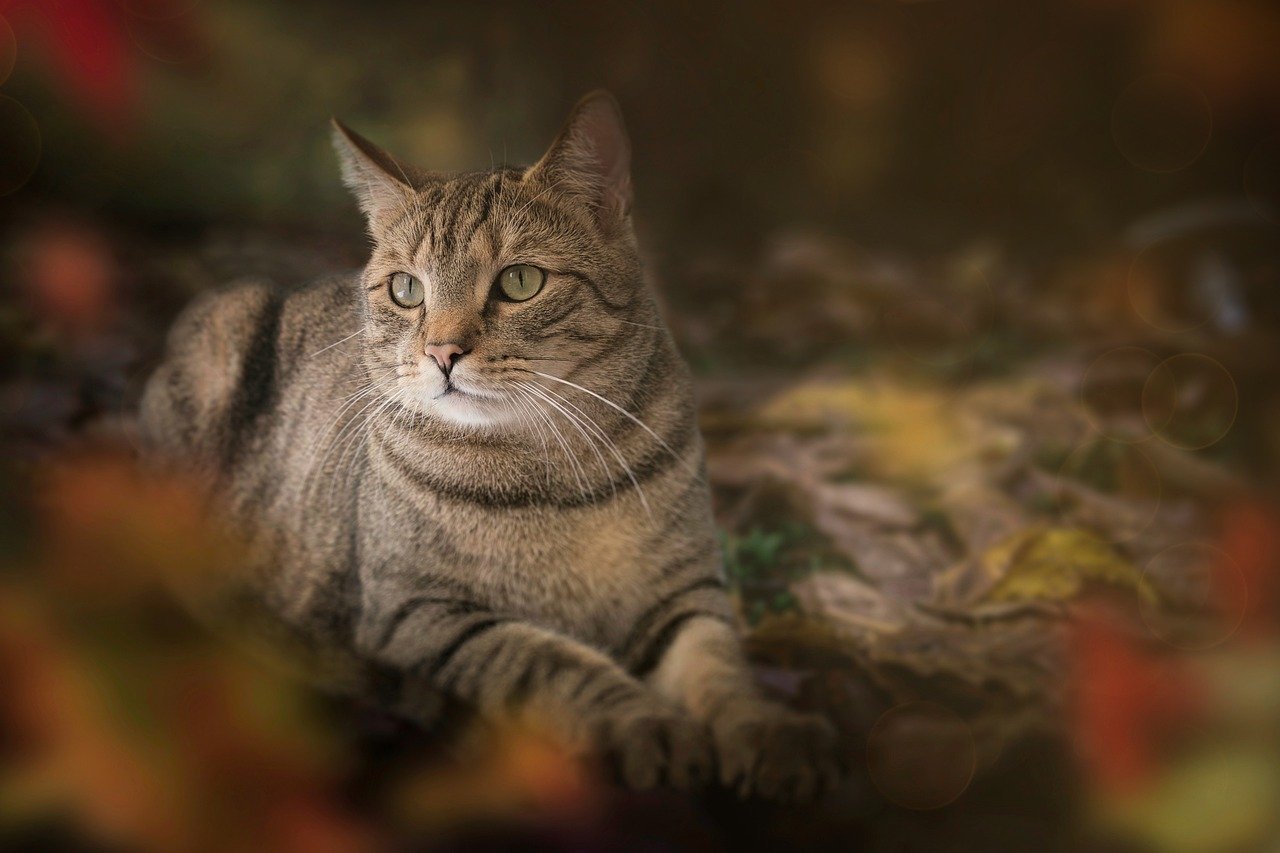
The Margay, also known as the “tree ocelot,” is a master of the treetops in Central and South America. Its agile movements and impressive climbing abilities allow it to hunt in the dense canopy. However, deforestation and the illegal pet trade pose significant threats to its existence. Efforts are being made to preserve its natural habitat and curb illegal activities to ensure the Margay continues to grace the forests with its presence.
9. Black-Footed Cat
The Black-Footed Cat, native to the arid regions of southern Africa, is one of the smallest and most ferocious wild cats. Despite its diminutive size, it is a skilled hunter, often taking down prey larger than itself. Habitat loss and human-wildlife conflict have led to its decline, but conservationists are working to protect its remaining habitats and raise awareness of its unique role in the ecosystem.
10. Bay Cat
The Bay Cat, also known as the Bornean Bay Cat, is a rare and enigmatic feline found only in the forests of Borneo. Its reddish-brown coat and elusive nature make it a true mystery among the cat family. Deforestation and habitat fragmentation threaten its survival, prompting urgent conservation efforts to protect its remaining habitats and study its behavior.
11. Chinese Mountain Cat
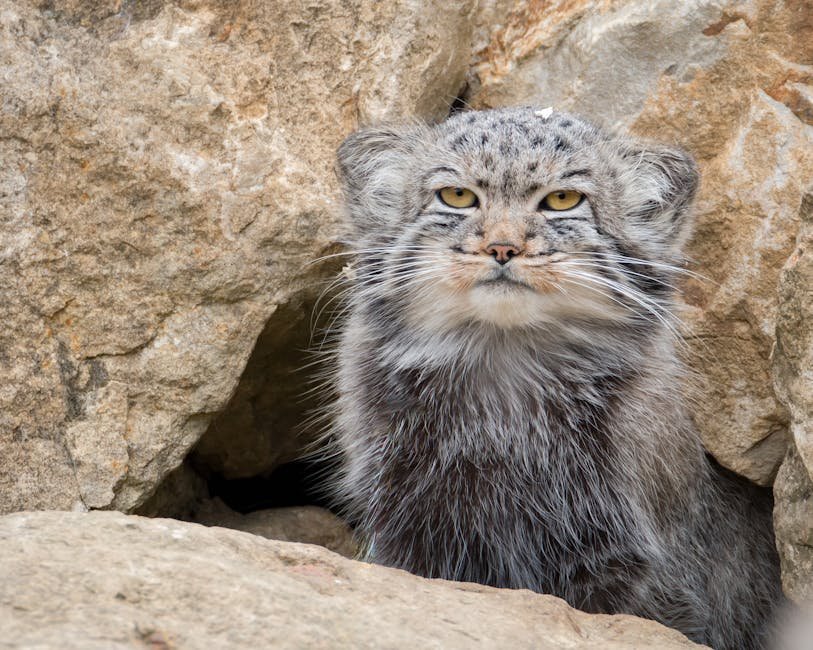
The Chinese Mountain Cat, native to the high-altitude grasslands of China, is a little-known feline with a distinct appearance. Its thick fur and bushy tail help it survive in the harsh climate, yet its population is critically low. Habitat loss and human-wildlife conflict pose significant threats, prompting conservationists to work towards protecting its habitat and raising awareness of its plight.
12. Sand Cat
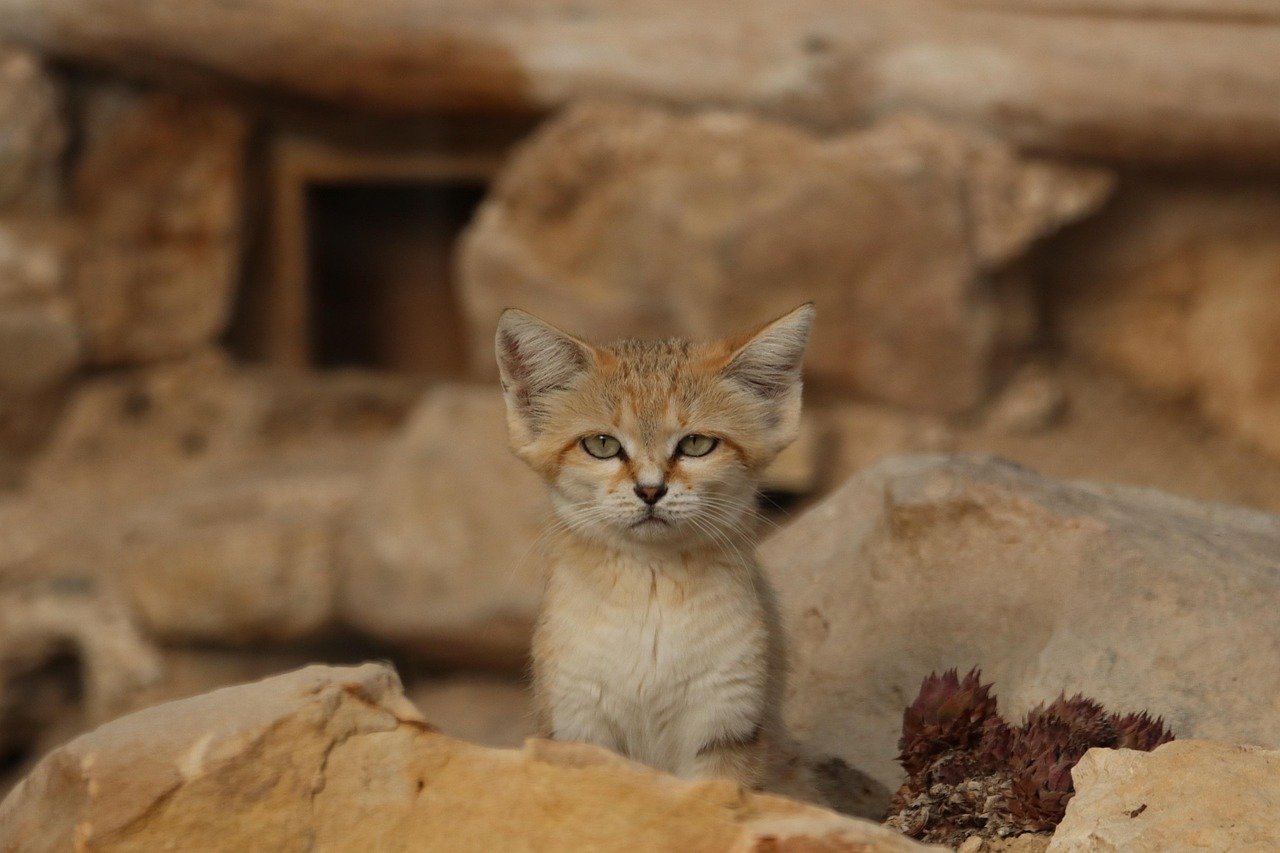
The Sand Cat, a true desert dweller, is perfectly adapted to the harsh environments of the Sahara and Arabian deserts. Its thick fur and specialized kidneys allow it to survive without water for long periods. Despite its resilience, habitat loss and human activities have led to its decline. Conservation efforts focus on protecting its desert habitats and ensuring its survival in the face of growing challenges.
13. Geoffroy’s Cat

Geoffroy’s Cat, native to the grasslands and forests of South America, is a small but resilient feline. Its spotted coat and agile movements make it a skilled hunter, yet habitat loss and hunting pose significant threats. Conservationists are working to protect its habitats and raise awareness of its ecological importance, ensuring Geoffroy’s Cat continues to thrive in its natural environment.
14. Jungle Cat
The Jungle Cat, also known as the Swamp Cat, is a versatile feline found in a variety of habitats across Asia and Africa. Its adaptability and hunting prowess make it a formidable predator, yet habitat destruction and hunting have led to its decline. Conservation efforts focus on protecting its habitats and mitigating human-wildlife conflict to ensure the Jungle Cat’s continued presence in the wild.
The plight of these 14 endangered cat breeds serves as a stark reminder of the importance of conservation efforts. Each breed is a unique testament to the incredible diversity of the feline family, and their survival is crucial to maintaining the balance of ecosystems worldwide. By raising awareness and taking action, we can ensure that these magnificent creatures continue to roam the earth for generations to come.

Linnea is a born and bred Swede but spends as much time as possible in Cape Town, South Africa. This is mainly due to Cape Town’s extraordinary scenery, wildlife, and atmosphere (in other words, because Cape Town is heaven on earth.) That being said, Sweden’s majestic forests forever hold a special place in her heart. Linnea spends as much time as she can close to the ocean collecting sea shells or in the park admiring puppies.






